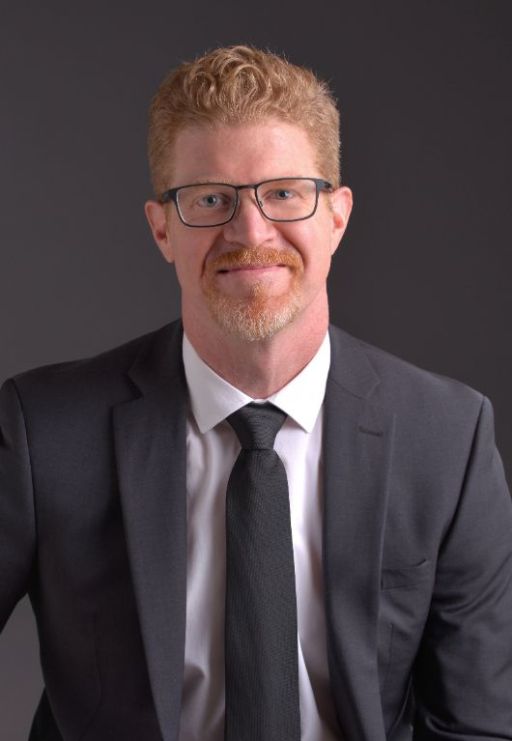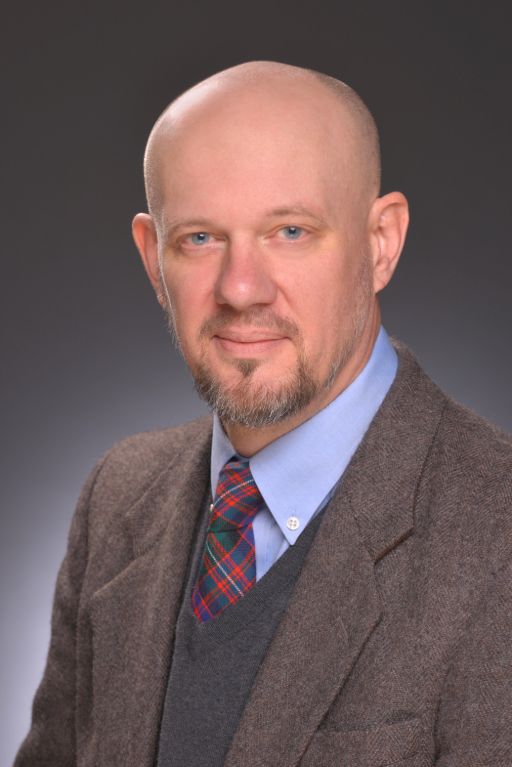
Back to blog
Education
May 31, 2023
Why doesn’t New Saint Andrews College teach practical classes like computer programming, budgeting, sales, or car mechanics? Those skills are great and can be very necessary but NSA wants to give students something more than practical skills. NSA aims to graduate leaders of culture. That is a high and lofty goal requiring more than basic skills classes. It requires the liberal arts.
I sat down recently with two NSA professors, Dr. Mitch Stokes and Dr. Timothy Harmon, and here is what they said about the importance of the liberal arts.
Dr. Stokes mentioned that sometimes people wonder if the liberal arts will help them get a job. He agreed that we need practical jobs like engineers, doctors, and teachers but he added, “We also need to know what kind of culture we want to build.”
The reality is that there are no college courses on building culture. Dr. Stokes pointed out that shaping culture requires great wisdom and insight. He said, “You have to know what’s the purpose of things, what’s most important, and what’s the meaning.” Those are deeper skills that an average college class won’t give students.

Dr. Stokes, Senior Fellow of Philosophy, received his Ph.D. in philosophy from Notre Dame studying under Alvin Plantinga. He also holds an M.S. in mechanical engineering and at one time worked for an international engineering firm where he earned five patents in aero-derivative gas turbine technology. He has also written several books including, How to Be an Atheist.
Dr. Stokes explained how the liberal arts prepare students to shape culture. He said, “It’s not just to gain facts; it’s to gain understanding: how those facts are all connected.”
"You have to know what’s the purpose of things, what’s most important, and what’s the meaning.”
He gave the example of a puzzle. Each puzzle piece represents a bit of knowledge and you have all this knowledge and you have to put all these pieces together. You have lots of facts in front of you but that doesn’t give you understanding. He said, “You need to know how they are related to one another. And once you see those related things, the connections, and then what the ultimate picture is, what the meaning is…that’s what we are trying to do.”
I also sat down with Dr. Timothy Harmon, Fellow of Theology, and I asked him about the vision at NSA. He said, “We are not trying to create professionals or specialists in any one field, rather we are seeking to create generalists, those who can operate well in a number of different domains.”

Dr. Harmon received his Ph.D. at the University of Aberdeen, writing on the doctrine of biblical inspiration. He studied under John Webster, Professor of Divinity, who was one of the leading theologians in the world before he passed away in 2016.
I asked Dr. Harmon what the primary thing is that he wants students to learn. He said, “You can’t think about anything properly without thinking about it in relation to God.” This is the first and most fundamental thing to know. We need to see all life, all information, and all callings, in relation to God and who He is.
Dr. Harmon went on to discuss the changes in today’s work environment. He said, “We are finding more and more, the kind of movement people are making in terms of their career and jobs is lateral. They are moving from one type of job to another, and they need to be able to adapt.”
He said, “We want to create leaders who can thrive in any context.”
Dr. Harmon explained to me how different parts of the NSA program shape students. He talked about students doing oral finals at the end of each term. He said one of the goals of this practice is to challenge students to grow. He said, “It is to grow them in their confidence, to grow them in their assertiveness, to grow them in their ability to go out in the world and take on challenges.”
“We are not just trying to graduate students who have met certain learning outcomes—they have the right information—but these are students who can go out into the world and lead.”
He concluded his thoughts by saying, “We are not just trying to graduate students who have met certain learning outcomes—they have the right information—but these are students who can go out into the world and lead.”
Practical courses on computer programming, electricity, manufacturing, and data collecting are important but they are not foundational. Students need to know who God is and how He has made the world. NSA focuses on the liberal arts because these orient students to the world that God has made and it helps them understand how all these different jobs fit into God’s world. Knowing these things makes the students ready to thrive in multiple vocations and it prepares them to shape culture to the glory of God.